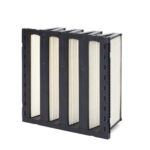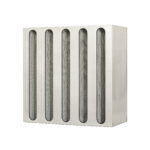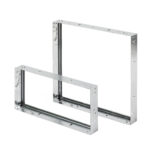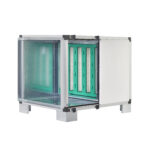Venfilter Protected Health. Filtration for sanitary installations
Filtration solutions for hygienic air conditioning systems highly sensitive to microbial contamination
Venfilter’s commitment to Indoor Air Quality is even greater in healthcare and hospital facilities.
Air quality directly affects the health of people and in critical areas with people with different sensitivities (immunosuppressed, allergies, infectious …) it is vitally important to maintain the highest degrees of air quality to help recovery and avoid unnecessary complications.

Air quality as a priority to protect health environments
From delicate areas such as operating theatres, ICUs, etc., to less demanding areas such as bedrooms and waiting rooms, they need adequate air treatment in accordance with the requirements of each situation. That is why Venfilter offers suitable solutions for each of the needs that arise in healthcare environments.
The air-conditioning systems in sanitary facilities must meet the strictest requirements in terms of hygiene and safety. They must eliminate the presence of microscopic contaminants and microorganisms, especially in the most critical areas. In addition, they must guarantee the correct air renewal while maintaining optimum hygiene, safety and comfort conditions.
The design of hospitals and healthcare facilities must ensure that everything is under control. Hygiene and safety come first because lives may depend on it.
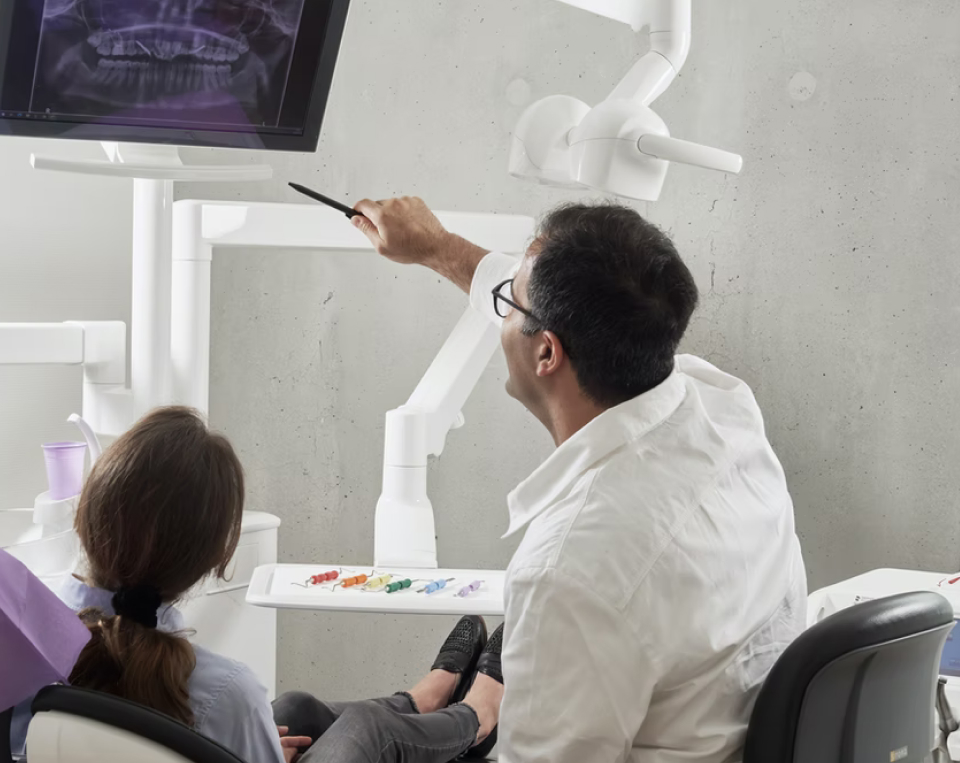
Applications
Click on each application in our Venfilter Protected Health range and find out how we can help you improve your processes.
Why air filtration systems for the healthcare sector?
Air filters play a crucial role in the healthcare sector because of the need to maintain clean, contaminant-free environments to protect the health of patients, medical staff and other users of the healthcare environment. With good filtration you treat:
- Infection Control
- Protection against immunocompromised patients
- Allergen and irritant control
- Elimination of odours and chemical compounds
- Compliance with regulations and standards
- Quality in critical areas such as operating theatres, neonatal rooms…
One cubic metre of outside air can contain between 200 and 1500 bacteria, which in a ventilation system with an airflow of 10,000 m3/h. We can introduce between 2 to 10 million bacteria per hour into a sanitary installation. Inefficient air filtration could have very serious consequences by putting the health of patients and professionals at risk, even affecting the functioning of diagnostic and healing equipment.

Complies with current regulations with Venfilter
These regulations are designed to ensure the safety, quality and efficacy of healthcare products and services, as well as to protect the health and well-being of patients and healthcare professionals.
- EN-ISO1464-1:2000: Clean rooms and controlled premises.
- UNE 170013:2005: Air conditioning installations in hospitals.
- UNE-EN 13779:2008: Ventilation of non-residential buildings.
- NATIONAL INSTITUTE OF SAFETY AND HYGIENE AT WORK: Occupational exposure limits for chemical agents in Spain. American Society of Heating, Refrigerating and Air-Conditionig Atlanta, GA 30329 (2003)
- GUIDE OF GOOD PRACTICES FOR THE SAFETY AND SUSTAINABILITY OF THE SURGICAL AREA: Generalitat de Catalunya, October 2012.

Sources of contamination
Carbon monoxide, radon and volatile organic compounds (VOCs) are commonly found in healthcare facilities. Other contaminants may include asbestos, sludge, elemental particles and manufactured fibres.
BUILDING DESIGN
The design of buildings, especially in hospitals, is old. For that reason, air may be entering without being properly filtered. Pollutants such as pollen, dust, etc. have a free way to circulate in the ventilation ducts.
HUMAN ELEMENT
People residing in the centres can also be a reason for air pollution. Viruses and bacteria can adhere to clothes, utensils and become airborne… Also, because of exhalation, air quality can be compromised.
OUTDOOR AIR QUALITY
The air comes from outside, so if it is not filtered properly, it can lead to poor air quality. Smells, fumes, etc. can pose a threat to these centres.
Filter and air conditioning in hospitals and health centers
In short, air filters are essential in the healthcare sector to control infections, protect immunocompromised patients, remove allergens and irritants, eliminate odours and chemicals, and comply with air quality regulations and standards. Their proper use contributes to safer and healthier environments for everyone involved in healthcare.
Venfilter filters and filter media are certified and comply with THE UNE regulations for Air Conditioning Installations in Hospitals, validation and qualification of Controlled Environment Rooms in Hospitals, Sanitization of air conditioning systems and Indoor Environmental Quality.
Venfilter offers filtration solutions for safe and hygienic HVAC systems. Talk to our experts.


















